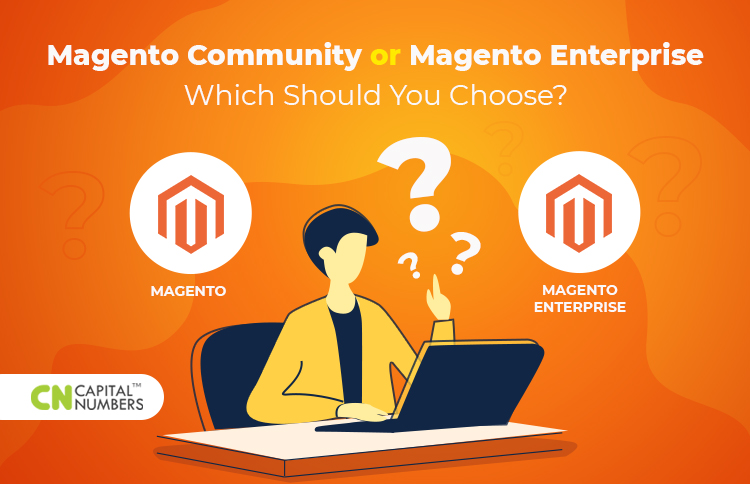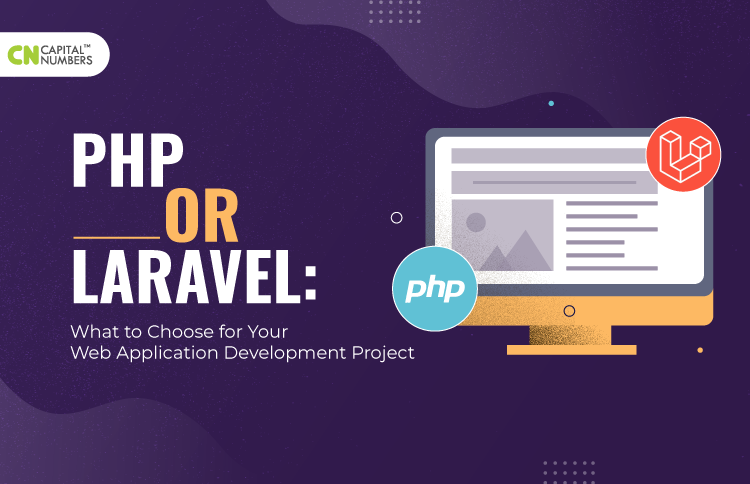Magento Community or Magento Enterprise – Which Should You Choose?
Table of Contents
If you’re in e-commerce, you’ve probably considered Magento as your platform at least once. You might even be using it currently, and for a good reason.
With flexible content management and built-in mobile optimization, it’s one of the most user-friendly and admin-friendly e-commerce platforms on the market. It can handle around 80,000 orders an hour, which is probably more than enough for businesses who plan to scale up. Plus, it comes with built-in SEO efficiency, customizable security, and a big community to go to for help.
So the decision to use Magento for e-commerce is a good one, but one question remains: Will Magento Community be enough? Or should you use Magento Enterprise Edition?
If you’ve got an e-commerce store (or more than one), then you’ve probably faced this choice at least once.
And today, you’re in luck. In this post, we’re going to present the pros and cons of each, and you’ll know enough to make your own informed decision.
Let’s jump right in:
Magento Community Edition
Community Edition is essentially a scaled-down version of the premium Magento Enterprise Edition. (We’ll get to that in a moment). With Magento Community Edition, everything is free to use. It’s open-source, so anyone can download it to build their first online store. It’s great for small businesses or anyone who wants to learn the ins and outs of e-commerce with relatively low risk. Because of its open-source nature, anyone with technical expertise can customize their store to suit their brand, needs, and business.
It also comes with Magento Marketplace, which is full of extensions (paid and free) that you can use to improve your store from the base Magento model.
So right away, we see that Community Edition has a lot of benefits. First, obviously, is the cost. It’s an excellent gateway for someone just getting into e-commerce or someone happy running a relatively small e-commerce store without extravagant fees.
Second, it’s also very fast. You might be surprised to learn this because it’s a free platform, and free platforms are not known for their performance. But the Community Edition of Magento is relatively lightweight, which affects speed.
Finally, you can also migrate to the Enterprise Edition later. So using the Community Edition provides a risk-free way to try out the core features of the platform without investing any more money into the venture. And, because the Community Edition shares the same core features of the Enterprise Edition, you get most of the same functionality without the price.
Moving on…
Magento Enterprise Edition
What is Magento Enterprise Edition?
It’s the pricey but the full-featured premium paid version of Magento, designed for those who have huge e-commerce stores or need a more robust version of Magento for their business. If you’ve been running an online store, but you need more advanced features and more customizable options, then it’s probably for you. It also enjoys more personalized support from the Magento support teams.
However, at $15,550 per year, the cost is prohibitive for anyone who isn’t already having success in e-commerce.
So what do you get for that additional fee?
As we mentioned above, you’ll enjoy full phone and email support. In other words, you can send the Magento team an email and expect a prompt, personalized reply — which Community users don’t always get. And if you want to talk to a human, you can do that, too. This is a significant difference between the Magento Enterprise Edition and the Community Edition. If you run into a technical issue while running the bare bones Community Edition, you’ll more or less have to figure it out yourself. Meanwhile, sales are passing you buy.
Furthermore, those who invest in Magento Enterprise will also enjoy regular security updates, access to special premium features, and product updates as they become available. Magento Enterprise Edition is PCI Compliant. The Community Edition is not. Meaning, with Community, you have to manually fill out your PCI paperwork, implement PCI policies, document your PCI technical policies, and use specific compliant gateways. Magento Enterprise takes care of all this for you by offering PA-DSS compliance.
Further, the paid version of Magento is, of course, more functional. It can do more for you, especially if you’ve got a large store. For example… Enterprise offers advanced customer segmentation with targeted offerings, return management authorization, a better catalog, and content management system, call center software, and price and promotion permissions.
Perhaps the single most significant difference in the Community vs Enterprise Editions of Magento is that the Enterprise Edition comes ready to scale right out of the box. You won’t have to waste time and resources wrestling with Community if it gets too many visitors, has trouble scaling, or otherwise breaks. Enterprise also usually ranks higher on search engines, has a faster checkout process, and is generally able to handle scaled traffic much better than the Community Edition.
Conclusion
So which should you pick?
If you’re already running Magento Community and you’re looking to make the switch to a more robust, full-featured enterprise platform, consider the trajectory of your business. At what point will it become cost-prohibitive to NOT switch over to the Enterprise version? At which point are you losing more money (in the form of opportunity costs) by fixing your technical problems? And finally, will you need the ability to take thousands of orders per day?
However, if you’re not sold on Enterprise yet, and you have a small e-commerce business, or likewise that is ticking along just fine with Community, it might be smart to continue using the Community Edition. You’ll save a lot of money for very similar features, and unless you run into real problems, you won’t notice a difference.


 Web Development
Web Development Cloud Engineering
Cloud Engineering Mobile App Development
Mobile App Development AI/ML/GenAI
AI/ML/GenAI E-commerce
E-commerce Software Development
Software Development UI/UX
UI/UX QA
QA Dedicated Teams
Dedicated Teams











